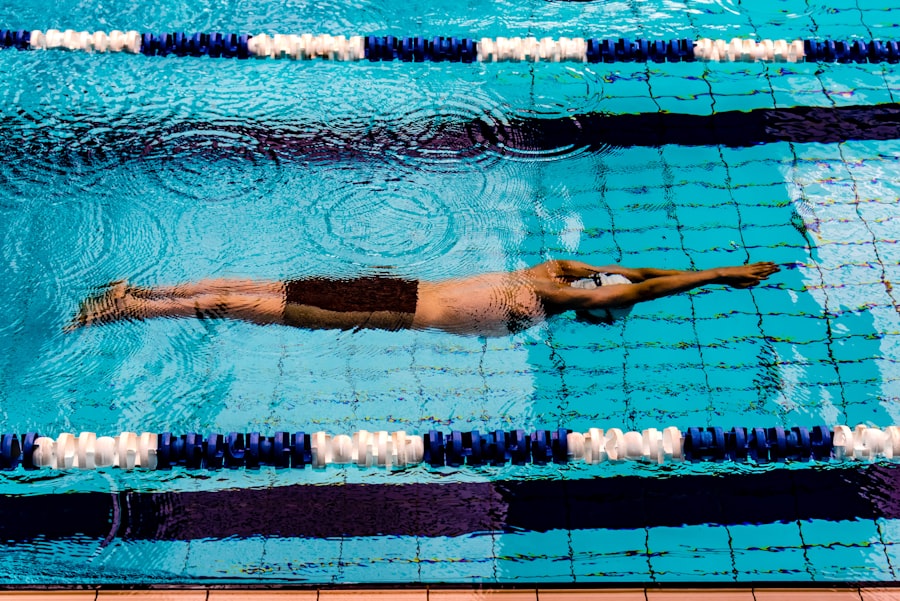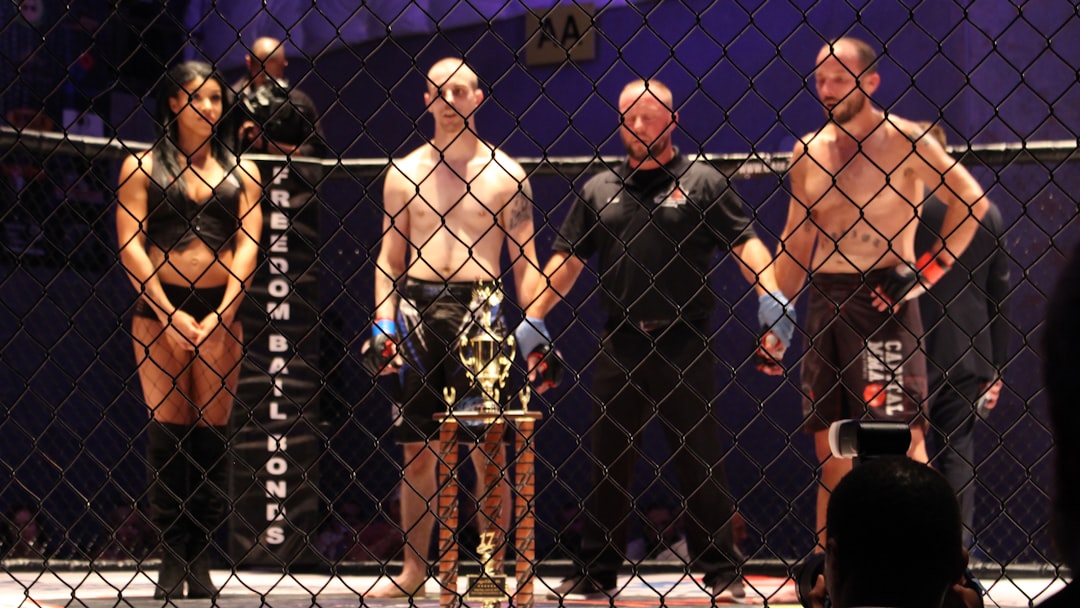High school debate teams in America provide a unique platform for students to develop their argumentative, critical thinking, and public speaking skills. These teams usually consist of a group of students who compete against each other in structured debates, where various topics are discussed, often related to current social, political or economic issues. Running a debate team requires dedication and regular practice, as team members must be willing to explore and understand different perspectives on certain topics.
Students are often divided into pairs, where one member represents the "pro" side, while the other represents the "con" side, which further encourages the development of their analytical skills. Debate teams also provide an opportunity to interact with peers and mentors, which can be extremely beneficial for personal and academic development. Students are encouraged to explore different sources of information, analyze data and form coherent arguments.
This process not only improves their speaking skills, but also teaches them how to constructively criticize other people's ideas and how to face challenges during debate. In this sense, debate teams become an important part of the educational experience, allowing students to express themselves and develop their abilities in a safe environment.
Key Takeaways
- The debate team is a high school organization that deals with argumentation and public speaking skills
- All interested students can join the Debate Team, regardless of previous experience
- Debating teams participate in various types of debates and competitions, such as parliamentary debates and public speaking competitions
- Participation in Debate Teams contributes to the development of skills such as argumentation, analytical thinking and public speaking
- Participating in Debate Teams can have a positive impact on students' academic success, as it develops critical thinking and communication skills
How the Debate Team is formed and who can join
The formation of a debate team in high school usually begins at the beginning of the school year, when informational meetings are organized for all interested students. During these meetings, teachers or team mentors explain the basic principles of the debates, as well as the expectations of the team members. Students who are interested can apply, and auditions or trial debates are often organized to assess their skills and potential.
This process allows teachers to form teams that are balanced in skills and experience, ensuring that all members have the opportunity to contribute to the team. All students, regardless of previous experience or academic performance, can join the debate team. This openness is key to creating an inclusive environment that encourages diverse perspectives and ideas.
Students who may be unsure of their abilities often find that being part of a team helps them develop confidence and skills that will benefit them not only in debate, but in other aspects of life. Also, many schools offer additional resources such as workshops and training to help new members adjust and improve their skills.
Types of debates and competitions in which the Debate Team participates

Debate teams in American high schools participate in different types of debates, which differ in rules, formats, and topics. The most popular types of debates include the Lincoln-Douglas debate, which focuses on the moral and ethical aspects of certain issues, and the Policy debate, which deals with specific policies and solutions to social problems. In addition, there is a Public Forum debate that includes topics of public interest and allows students to explore different views on current issues.
Each of these types of debates requires specific skills and approaches, further enriching the experience of team members. Competitions in which debate teams participate are diverse and include local, regional and national levels. Students often travel to competitions that bring together teams from different schools, giving them the opportunity to test their skills against other talented debaters.
These competitions are not only an opportunity to win prizes and recognition, but also allow students to make new friends and network with peers from other schools. Participating in such events can be extremely motivating for team members, as it gives them the opportunity to see the results of their hard work and dedication.
How Debate Teams contribute to the development of students' skills
Debate teams play a critical role in developing various skills in students that are essential to their future academic and professional success. First, team members develop critical thinking skills that help them analyze information from multiple perspectives. This ability is especially important in today's information-inundated world, where it is important to distinguish relevant data from non-useful data.
Through researching topics that will be the subject of debate, students learn how to ask the right questions and how to recognize logical errors in argumentation. In addition to critical thinking, debate teams also help students improve their communication skills. Students must learn how to express their thoughts clearly and effectively in front of an audience, which requires not only good verbal communication but also the ability to listen actively.
These skills are essential not only during debates but also in everyday life, as they enable students to better communicate with their peers, teachers and future employers. Through regular practice and feedback from mentors, debate team members become more confident speakers who know how to hold an audience's attention.
How Debate Teams Affect Student Academic Success
Participation in debate teams can significantly affect a student's academic success. Research has shown that students who are active in debate activities often achieve better results on standardized tests and have higher grade point averages in school. This may be the result of developed analytical and critical thinking skills that are applied not only during debates but also when solving problems in other subjects.
For example, students who regularly participate in debates often do better in subjects such as history or social studies because they are used to exploring different perspectives and arguments. In addition, being a member of a debate team can improve students' motivation to study. Students who engage in debates often become passionate about exploring new topics and ideas, which encourages them to gain a deeper understanding of the material they study in school.
This connection between debating and academic success can create a positive feedback loop: the more students participate in debating, the more motivated they are to achieve good results in school, and better academic results further strengthen their confidence as debaters.
How Debating Teams Promote Confidence and Teamwork

One of the most important benefits of being a member of a debate team is the development of self-confidence in students. Through regular exposure to the public during debates, students become more confident in their ability to express opinions and argue. This process can be challenging, especially for those who are naturally shy or insecure about their public appearances.
However, through the support of their peers and mentors, students often overcome their fears and become more confident speakers. This change can have long-term positive effects on their personal lives as well as their future professional careers. In addition to self-confidence, debate teams also promote the importance of teamwork.
Team members must learn how to collaborate effectively with their partners to develop coherent arguments and debate strategies. This cooperation requires open communication, mutual respect and willingness to compromise. Students who work together to prepare for debates often develop strong relationships with each other that can last long after they leave high school.
Teamwork not only improves team performance during competition but also helps students learn the value of cooperation that will be useful throughout their lives.
How Debate Teams Are Funded and Supported in America's High Schools
Funding for US high school debate teams can vary from school to school, but usually comes from a combination of sources. Many schools have budgets that include funds for extracurricular activities, which may include debating teams. In addition, schools often organize various events such as bake halls or similar fundraisers to support their teams.
These activities not only help raise money needed to travel to competitions or purchase equipment, but also strengthen the community around the team. In addition to school resources, many debate teams also receive support from local organizations or sponsors who recognize the importance of education through debate. These organizations may provide financial assistance or donate resources such as books or research materials.
There are also national organizations that support debating activities at all levels of education, offering resources to train mentors and organize competitions. This support is critical to maintaining active debate teams that can provide students with opportunities to develop skills that will benefit them throughout their lives.
If you are interested in how high schools in America work, especially in the context of debate teams, you may also be interested in the experiences of our members who have spent time in the US through various programs. For example, on the page Members' impressions you can read about their personal experiences, the challenges they faced, and how they adapted to the American education system and culture. These stories can provide valuable insights and help you better understand how you can fit in and make the most of your time in America, whether you're part of the debate team or participating in another activity.
FAQs
What is a high school debate team in America?
A high school debate team in America is an organization that brings together students interested in debate and argumentation. Team members compete in debate tournaments and improve their argumentation, public speaking and analysis skills.
How does a high school debate team work in America?
Debate teams usually have regular meetings where they practice debates, analyze topics and prepare for competitions. Also, team members have mentors who help them improve their skills and provide support during the competition.
Who Can Become a Member of a High School Debate Team in America?
Usually, any student who is interested in debate and argumentation can become a member of a debate team. Some teams may have specific membership requirements, but generally they are open to all interested students.
What are high school debate team competitions like in America?
Debating team competitions usually involve debates on a specific topic, where teams compete in argumentation and persuasion. There are different formats of debates, such as "Lincoln-Douglas" debate, "Public Forum" debate, "Policy" debate, etc.
What are the benefits of participating in a high school debate team in America?
Participating on a debate team can help students improve their public speaking, argumentation, analysis, and teamwork skills. Also, it can be useful for developing self-confidence and critical thinking.

